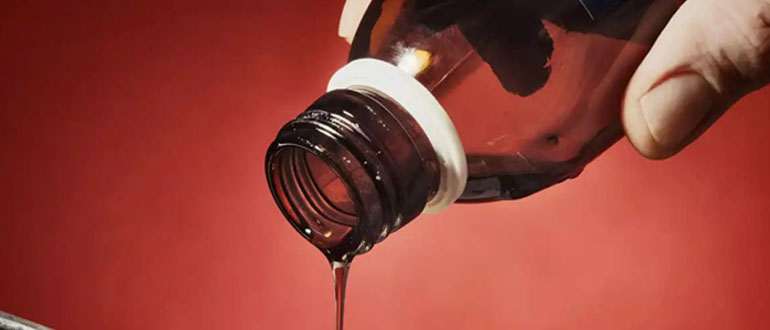New Delhi| WTNS | Oct 05: When the first child died in the quiet central Indian district of Chhindwara in late August, doctors thought it was an isolated case of sudden kidney failure. Within days, more children began arriving at the district hospital, gasping for breath, their kidneys shutting down, their parents pleading for help. By the end of the month, seven of them were dead , all under the age of five, and all of them had been given the same cough syrup.
On Friday, tests confirmed the parents’ worst fears: the syrup meant to ease their children’s coughs was laced with poison. Laboratory analysis conducted in Tamil Nadu found that the cough syrup, Coldrif, contained nearly 48 percent diethylene glycol, a chemical used in brake fluid and antifreeze, but one that can destroy kidneys and cause death even in small doses.
The revelation prompted the Madhya Pradesh government to ban Coldrif and all other medicines manufactured by Sresan Pharmaceuticals, a Tamil Nadu–based company whose products were distributed across several Indian states. Chief Minister Mohan Yadav called the discovery “a matter of grave criminal negligence,” ordering the immediate seizure of all Coldrif stocks from pharmacies and warehouses and freezing the sale of the company’s entire product line.
Officials in the state Food and Drugs Administration said inspectors had been dispatched across Madhya Pradesh with emergency orders to confiscate all bottles of the syrup and collect samples from other batches for testing. The laboratory report, issued by the Director of Drugs Control in Tamil Nadu, declared Coldrif “Not of Standard Quality” and confirmed that it was adulterated with industrial-grade diethylene glycol instead of pharmaceutical-grade glycerin.
In the villages of Parasia, the tragedy has left behind a trail of grief and disbelief. Parents say they trusted the syrup prescribed by local doctors for their children’s coughs and fevers. “He had only a cold,” said Ramesh Pawar, whose three-year-old son died two days after taking Coldrif. “He stopped urinating, then started to cry with pain. We didn’t know that the medicine itself was killing him.”
Doctors who treated the victims described the symptoms as unmistakable vomiting, abdominal pain, confusion, followed by complete kidney shutdown. “The body just stops filtering,” one doctor said. “By the time we realized it was the syrup, it was too late for most of them.”
This is not the first time India has witnessed deaths linked to diethylene glycol. Since the 1970s, the chemical has been at the center of several mass poisonings, each time appearing in low-cost cough or fever syrups sold to poorer families. It has been used by unscrupulous manufacturers as a cheap substitute for glycerin, the pharmaceutical solvent that gives medicines their texture. In 2022, similar poisonings in Gambia and Uzbekistan — traced back to Indian-made syrups drew international condemnation and forced the World Health Organization to issue a global alert.
Sresan Pharmaceuticals has not issued any public statement. Calls and emails to its registered office in Chennai went unanswered. Officials in Tamil Nadu said they were examining the company’s raw material purchases and suspect that industrial-grade solvents may have been used. “If this is proven, it will amount to criminal negligence,” a senior drugs control officer said.
The deaths in Chhindwara have reignited concerns about India’s fragile drug oversight system. The country is one of the world’s largest producers of generic medicines, exporting to more than 150 nations, yet its domestic monitoring remains inconsistent and under-resourced. Experts note that many Indian states lack the capacity for random quality testing of medicines sold in remote markets.
“The tragedy is not new only the victims are,” said Dr. Rajeev Agarwal, a pharmacovigilance specialist based in Delhi. “We have the regulations, but not the vigilance. When profit becomes the motive and oversight is weak, children pay the price.”
At the district hospital in Chhindwara, grieving parents continue to gather, holding photographs of their children wrapped in white cloth. “We gave them the syrup because we believed it would help,” said one mother softly. “Now, even the sound of a cough terrifies me.”
For the families left behind, the state’s promise of compensation offers little solace. What has been lost, they say, is not only life but trust in a system that failed to protect its youngest and most innocent citizens.



